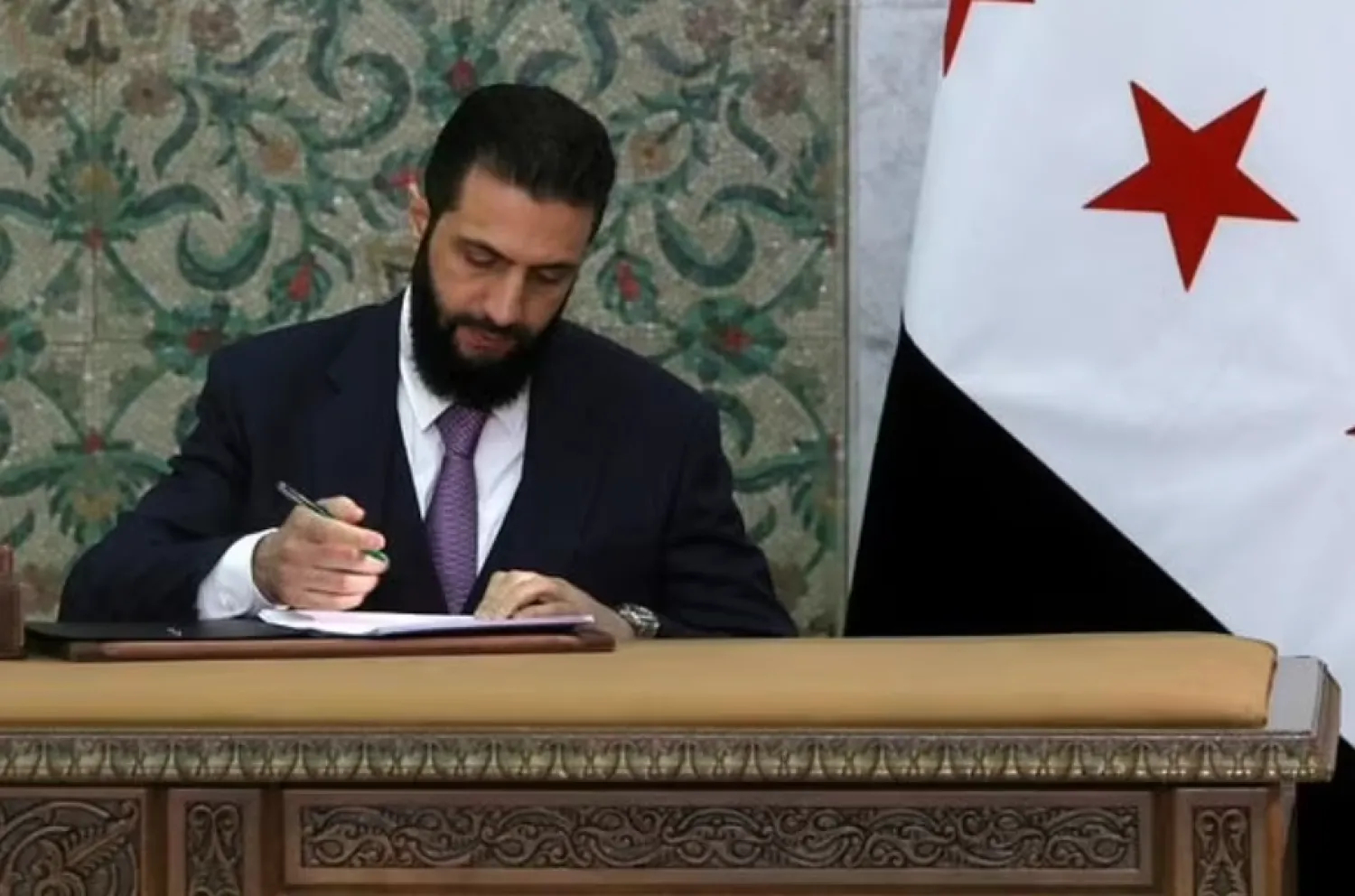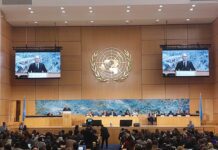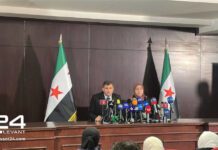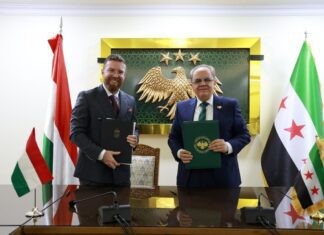
Saturday, May 17, Syrian President Ahmad al-Sharaa announced the creation of two landmark institutions aimed at confronting the country’s legacy of enforced disappearances and state violence. Through Presidential Decrees No. 19 and 20 of 2025, the government has formed the National Commission for Missing Persons (NCMP) and the National Transitional Justice Commission (NTJC), both of which are granted full administrative and financial independence.
The announcements were made under the provisions of the Constitutional Declaration and reflect the transitional government’s stated commitment to uncovering past abuses, restoring public trust, and facilitating national reconciliation.
Tracing the Missing Across Syrian Territory
Decree No. 19 establishes the National Commission for Missing Persons as an independent legal entity responsible for locating and identifying thousands of missing and forcibly disappeared individuals across Syria. The decree outlines the commission’s tasks, including the creation of a national database, case documentation, and the provision of legal and humanitarian support to families of the missing.
Dr. Muhammad Reda Jalakhi, a noted academic and legal scholar, has been appointed chairman of the commission. Jalakhi, who holds a Ph.D. in international law from Idlib University, currently serves as dean of the Faculty of Political Science at Damascus University and sits on several national committees overseeing constitutional and academic reforms. According to the decree, Jalakhi has 30 days to assemble a working group and develop the commission’s internal regulations.
The initiative responds to long-standing appeals from families of the disappeared and advocacy groups, who have urged the transitional government to treat the issue as a national priority.
Truth-Seeking and Reconciliation on the Agenda
Simultaneously, Decree No. 20 created the National Transitional Justice Commission, tasked with uncovering the truth about grave human rights violations committed under the previous regime. The commission’s scope includes legal accountability, reparations for victims, and promotion of national reconciliation through institutional reforms and truth-telling.
Appointed to lead the commission is Abdubasit Abdullatif, a veteran political figure and former Secretary-General of the Syrian National Coalition. Abdullatif holds a law degree from the University of Aleppo and previously served as vice chairman of the Syrian Supreme Hajj Committee and head of the political bureau of the Lions of the East Army.
According to the decree, the NTJC also has 30 days to organize its operational framework. Like the NCMP, it is authorized to function across the entire country with institutional autonomy.
Restructuring Governance and International Coordination
These moves follow a broader administrative reshuffle announced in Presidential Decree No. 18, which renamed the General Authority for Planning and International Cooperation as the Planning and Statistics Authority. The Ministry of Foreign Affairs and Expatriates has been designated the central body for overseeing all international cooperation.
This restructuring includes the establishment of cooperation offices in various ministries and governorates, all of which must coordinate directly with the Foreign Ministry on matters of bilateral and multilateral engagement.
Together, the formation of these two new commissions represents a major step in Syria’s transitional phase, signaling efforts to address the wounds of the past while constructing frameworks for accountability, institutional reform, and eventual national healing.








